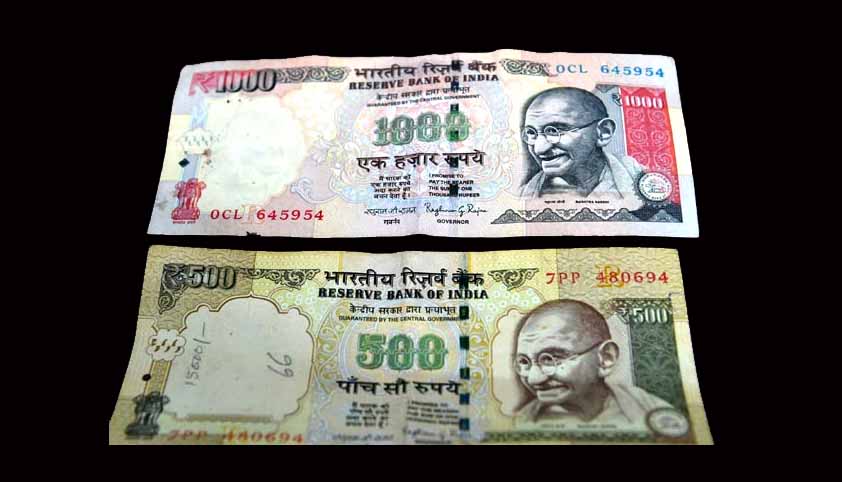RTI Reveals RBI Recommended Note Ban Hours Before PM’s Announcement; Plea For Minutes Rejected
Vidushi Sahani
26 Dec 2016 1:44 PM IST

Next Story
26 Dec 2016 1:44 PM IST
The pre-demonetisation consultation process has been shrouded in secrecy, much to the angst of opposition and experts. However, recently the RBI has revealed certain details regarding the consultation process preceding note ban and clarified that its recommendation came hours before Prime Minister Modi’s announcement. An RTI plea, on the hand, seeking minutes of the demonetisation...
